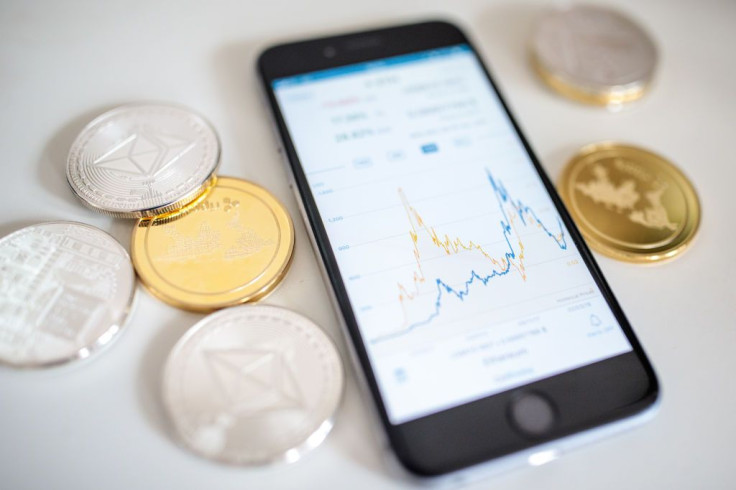Solana Vs Cardano: Which Could Overtake Ethereum First?
KEY POINTS
- Ethereum is a cryptocurrency market leader
- But Solana and Cardano are gaining developers, carving out a spot in the world of dApps, and attracting users
Ethereum (CRYPTO:ETH) is a cryptocurrency giant – and it's on its way to reshaping how business is done. That's through its leadership in decentralized applications (dApps). But Ethereum isn't resting on its laurels. Instead, the blockchain is in the middle of a major upgrade set to reduce congestion on the network and increase transaction speed.
Sounds like Ethereum will remain the leader forever, right? Not necessarily. Two dynamic rivals are rising in the ranks – and both have what it takes to overtake Ethereum. I'm talking about Cardano (CRYPTO:ADA) and Solana (CRYPTO:SOL), the seventh- and eighth-biggest cryptocurrencies, respectively. Which may do it first? Let's take a closer look.
The general picture
First, let's talk about what I mean by "overtake." I'm referring to a general picture including the number of developers on the network, the number of dApps running on the blockchain, and the cryptocurrency's popularity with users. If a player can beat Ethereum in these areas, it's possible that crypto player's market value will follow.
Today, more than 2,900 dApps run on Ethereum. It's the market leader, offering dApps in everything from finance to gaming. These applications may be particularly game-changing when it comes to finance. That's because they remove intermediaries. For instance, users can borrow money or buy insurance in seconds -- without traditional time-consuming approval processes. And more than 4,000 developers are working on Ethereum at the moment, according to a report by early stage venture firm Electric Capital. That's a 42% increase year over year, the research showed. A high number of developers bodes well for the actual use of a blockchain.
Now, let's have a look at Solana. Developers are working on more than 5,000 projects on the network. But many aren't yet ready for use. Solana still lags behind Ethereum when it comes to dApps. But its growth from only 70 projects on the network in early 2021 shows us it has the potential to catch up and even surpass its rival.
Solana also is gaining ground in the world of non-fungible tokens. It's the third-biggest blockchain by sales volume after Ethereum and Ronin, according to CryptoSlam. As for number of developers, Solana's more than quadrupled last year to about 900, the Electric Capital report showed. And Solana's crypto wallet Phantom has reached more than 1.8 million active users.

Solana's mainnet technically still is in the beta phase. And its major challenge has been stability. But if Solana can manage here, this blockchain can go far in the coming years.
A strength in stability
Moving along to Cardano... Cardano's strength may be in its stability. That's because the network uses a peer review system. This means every change or upgrade goes through a peer review process before actually going live. That's a big plus because it likely will prevent glitches down the road. Cardano is a work in progress right now. The development team has set out a five-stage roadmap. And they're now working on the last two stages simultaneously. The goal is to become a completely self-sustaining decentralized network.
A recent milestone was the launch of smart contract functionality back in September. There are now more than 1,200 smart contract scripts on Cardano, according to the Vercel app. This is a big step forward as smart contracts are the machinery involved in dApps. And another milestone is just ahead. Cardano aims to launch the Hydra protocol that will make gains in throughput, the time to complete a transaction, and the amount of work the network can handle all at once. As for developers, I'll refer again to Electric Capital data: Cardano developers have doubled to about 350 in a year. Cardano holders also have increased. Wallets climbed to 2.5 million from 190,000 in a year.
Solana and Cardano each have what it takes to catch up to Ethereum -- and maybe even surpass the market giant. But if this does indeed happen, Solana's more likely to do it first. That's because this blockchain already is a few steps ahead of Cardano. Here, I'm thinking of its position in the world of dApps and the number of developers on the network.
So, if Solana doesn't encounter any major glitches ahead, it may be the first to challenge Ethereum's leadership.
This article originally appeared in the Motley Fool.
Adria Cimino owns Ethereum. The Motley Fool owns and recommends Ethereum. The Motley Fool has a disclosure policy.



















